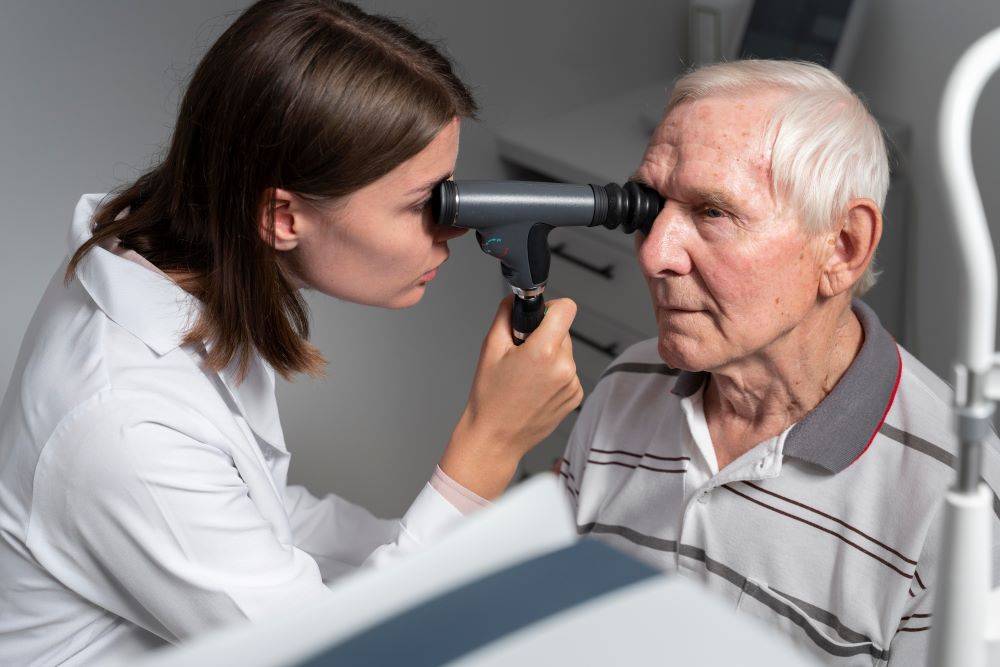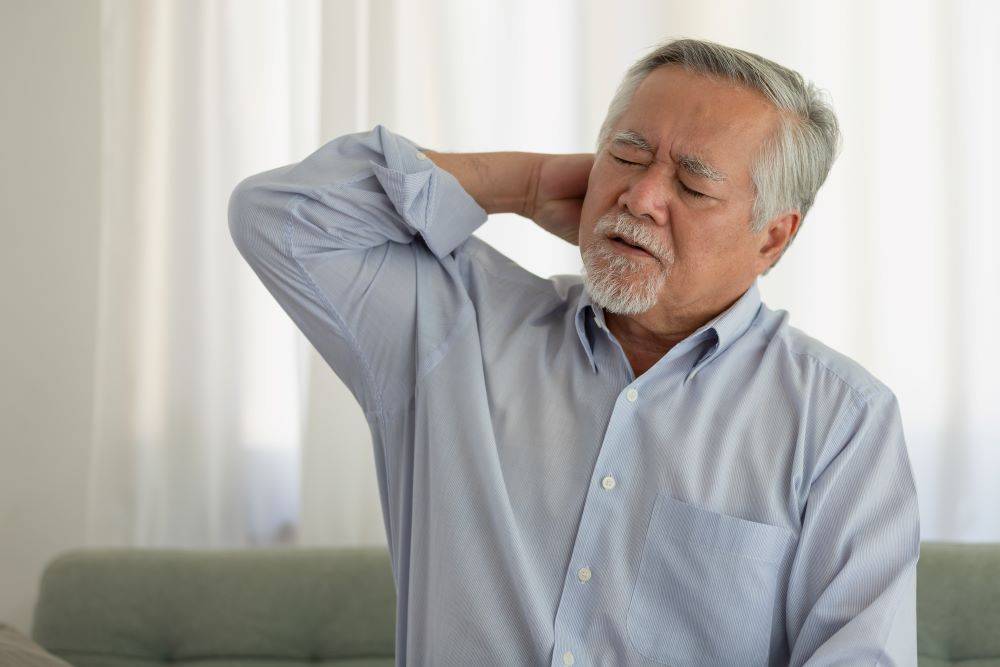Introduction
Although dizziness can manifest as a sign of hypertension, it is more frequently associated with serious consequences of uncontrolled hypertension, including stroke or heart attack. Dizziness can also occur from low levels of blood pressure or from antihypertensive drugs that drop blood pressure too quickly.
In addition to being a sign of high blood pressure, dizziness can also be a indicator of tension and worry. Additionally, stress might exacerbate any blood pressure issues you may be experiencing. (Health central, 2019)
What is Dizziness
The illusion of movement, either in oneself or in one's surroundings, is known as dizziness. Any part of the body balance systems might malfunction and result in this symptom.
Symptoms of A Dizzy Patient
The patient with dizziness typically complains of weariness, falling, loss of memory, and difficulties concentrating mentally. Dizziness and imbalance can cause physical insecurity, which can then cause irritability, low self-esteem, fear of heading solo, anxiety, depression, or panic. (Healthline, 2023)
Types of Dizziness
1. Vertigo
The dizziness that gives the impression that the room is whirling is linked to vertigo. Other possible causes of vertigo include head traumas, ear infections, and more.
2. Light headiness
When you shift postures, such as when you rise up rapidly after sleeping down over a while or while you're kneeling, your blood pressure may vary suddenly. Our bodies can usually adapt to these alterations to posture quite rapidly, providing our brains with enough blood supply to allow for these light headiness. However, occasionally your body needs a minute to adjust, which results in a brief reduction in blood supply to your brain. That's when you get dizziness. (Lopes et al., 2013)
Causes of Getting Dizzy
● Adverse effects of medications like Hydrochorthiazides. These diuretic drugs function by encouraging the kidneys to excrete more water and salt. Dizziness and dehydration are potential adverse effects.
● Orthostatic hypotension, or the abrupt drop of blood pressure that occurs when one stands up after sitting or lying down.
● Severe consequences of hypertension, such as arrhythmias, heart attacks, and strokes
● The strokes can be triggered by hemorrhage in the head or a blocked blood artery from cholesterol plaque accumulation or blood clot. The end effect is oxygen- and blood-starved brain tissue. Dizziness may be one of the stroke's symptoms. (American heart, 2016)
● Dizziness might result from an irregular heart rhythm or a decrease in blood pressure during a heart attack.
● The heart has to work more to pump blood when the blood pressure gets high, and the heart tissue thickens and changes over time in reaction to pressure. These alterations may raise the chance of arrhythmias such as atrial fibrillation, which frequently results in lightheadedness, exhaustion, and intolerance to physical exertion. (Health central, 2019)
What is The Link Between High Blood Pressure and Dizziness
In addition to being a sign of high blood pressure, dizziness may be a symptom of a particular type of high blood pressure known as "pulmonary hypertension." The illness known as pulmonary hypertension is characterized by elevated blood vessel pressure in one very particular location of the lungs. (Healthline, 2023)
What is The Link Between Low Blood Pressure And Dizziness
Gravity forces blood following the top of your body to flow down to the ground as you get up from a seated or laying position, where it collects in the legs and abdomen. Dizziness results from a temporary decrease in blood flow to the brain caused by that.
Normally, when you stand up, your heart beats more quickly and pumps more blood because of a signal from the autonomic nervous system, that additionally regulates your blood pressure. This lowers blood pressure by swiftly directing blood to the appropriate areas. That system doesn't always perform better than it should. Postural hypotension, another name for orthostatic hypotension, is the outcome. (Lopes et al., 2013)
Treatment of Dizziness
● When shifting positions, try to avoid being lightheaded by drinking enough of water. Being dehydrated can cause a drop in blood pressure, thus it's important to remain hydrated.
● Modify posture gradually. Pace yourself when getting up from a sitting, kneeling, or sleeping posture to avoid becoming lightheaded.
● Avoid spending too much time in one posture. Long periods of sitting or standing cause blood to pool in your limbs, which can make you feel lightheaded when you eventually move to a different posture. Take pauses and move positions to avoid this.
● Examine your medications. Your blood pressure may be affected by your medicines. (American heart, 2016)
Conclusion
Dizziness disrupt daily routines and negatively impact relationships with family, friends, and coworkers, which can lower confidence, focus, and output.
Dizziness affects a person's quality of existence (QOL) and can make it difficult for them to engage in social, domestic, occupational, or recreational activities since it can limit their head and body movements. Dizziness is a common cause of accidents in the elderly.
References:
1.High blood pressure cause dizziness. (2019) https://www.healthcentral.com/condition/high-blood-pressure/can-high-blood-pressure-cause-dizziness
2.Treating Dizziness from High Blood Pressure. (2023, October 4). Healthline. https://www.healthline.com/health/high-blood-pressure/treating-dizziness#pulmonary-hypertension
3.Lopes, A. R., Moreira, M. D., Trelha, C. S., & Marchiori, L. L. de M. (2013). Association between complaints of dizziness and hypertension in non-institutionalized elders. International Archives of Otorhinolaryngology, 17(2), 157–162. https://doi.org/10.7162/S1809-97772013000200007
4.American Heart Association. (2016). What are the Symptoms of High Blood Pressure? Www.heart.org. https://www.heart.org/en/health-topics/high-blood-pressure/why-high-blood-pressure-is-a-silent-killer/what-are-the-symptoms-of-high-blood-pressure
WRITTEN BY Checkme
Related Blogs
Recommended Products
Subscribe for special promotions,
healthy knowledge, and more!





